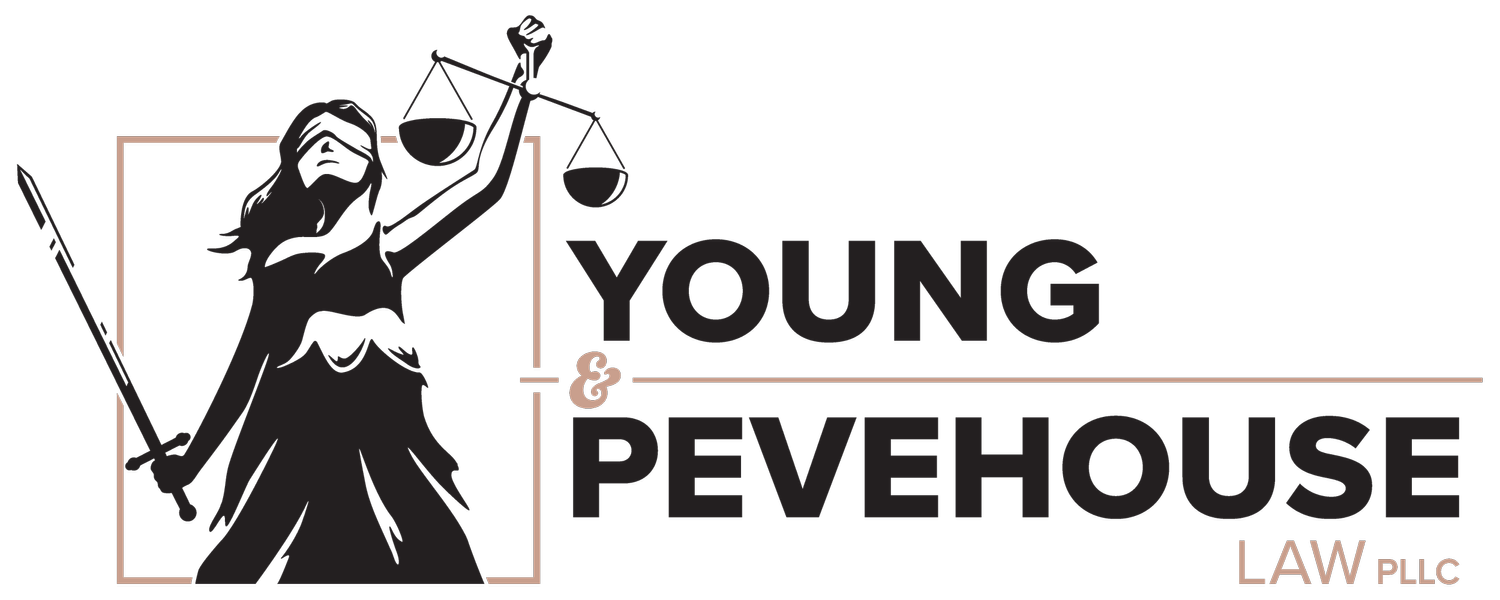Navigating the Complex Terrain of Custody Battles
Consultation with an Attorney: The First Step Toward Resolution
The journey through a custody battle begins with a consultation with a family law attorney. This initial meeting serves as an opportunity for the attorney to understand the unique circumstances surrounding the case, assess the client's goals, and outline the legal options available. At this stage, it's essential for clients to provide honest and detailed information to enable the attorney to form a solid strategy.
Mediation: Exploring Amicable Solutions
In many jurisdictions, mediation is a mandatory step before taking the custody battle to court. A neutral third party, the mediator, helps parents work together to develop a mutually agreeable parenting plan. Mediation not only promotes communication but also allows parents to maintain a more amicable relationship, which is often in the best interest of the child.
Filing the Custody Petition: Initiating Legal Proceedings
If mediation does not yield an agreement, the next step involves filing a custody petition with the family court. The petition outlines the parent's request for custody and may also include requests for visitation rights. Both parties are then officially notified, initiating the formal legal process.
Temporary Custody Orders: Interim Solutions
While the custody battle is ongoing, the court may issue temporary custody orders to address immediate concerns. These orders may cover issues such as visitation schedules, child support, and any necessary protective measures to ensure the child's well-being during the legal proceedings.
Discovery: Gathering Evidence for the Case
Discovery is a crucial phase where both parties exchange information relevant to the case. This includes financial records, parenting history, and any other evidence that may impact the court's decision. Attorneys play a pivotal role in strategizing and presenting the most compelling case based on the information gathered.
Evaluation by Custody Evaluators or Guardians ad Litem
In some cases, the court may appoint professionals, such as custody evaluators or guardians ad litem, to assess the family dynamics and make recommendations regarding custody arrangements. These individuals thoroughly investigate the family situation, interview both parents and children, and present their findings to the court.
Negotiation and Settlement Discussions
Before the case goes to trial, there is often an opportunity for both parties to engage in negotiation and settlement discussions. This phase allows for potential resolution outside the courtroom, saving time, emotional stress, and legal costs.
Custody Trial: Presenting the Case in Court
If a settlement cannot be reached, the case proceeds to trial. During the trial, each party presents evidence, calls witnesses, and makes legal arguments to support their case. The court then makes a final determination based on the best interests of the child.
Post-Trial Motions and Appeals
After the court issues a final order, there may be opportunities for post-trial motions or, in some cases, appeals. These legal avenues are pursued if there are grounds to challenge the court's decision based on errors in procedure or law.

